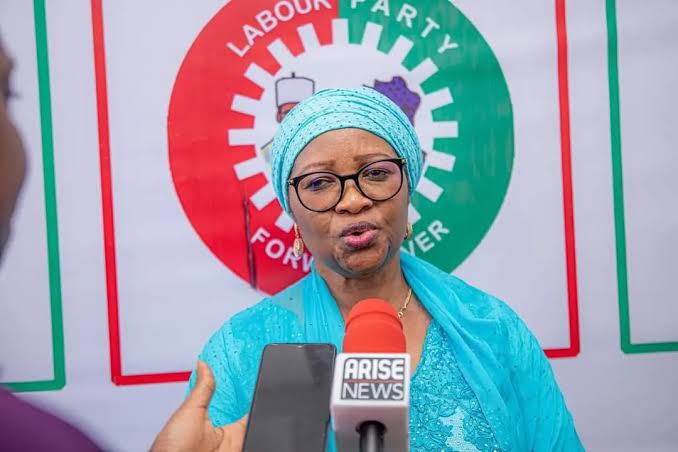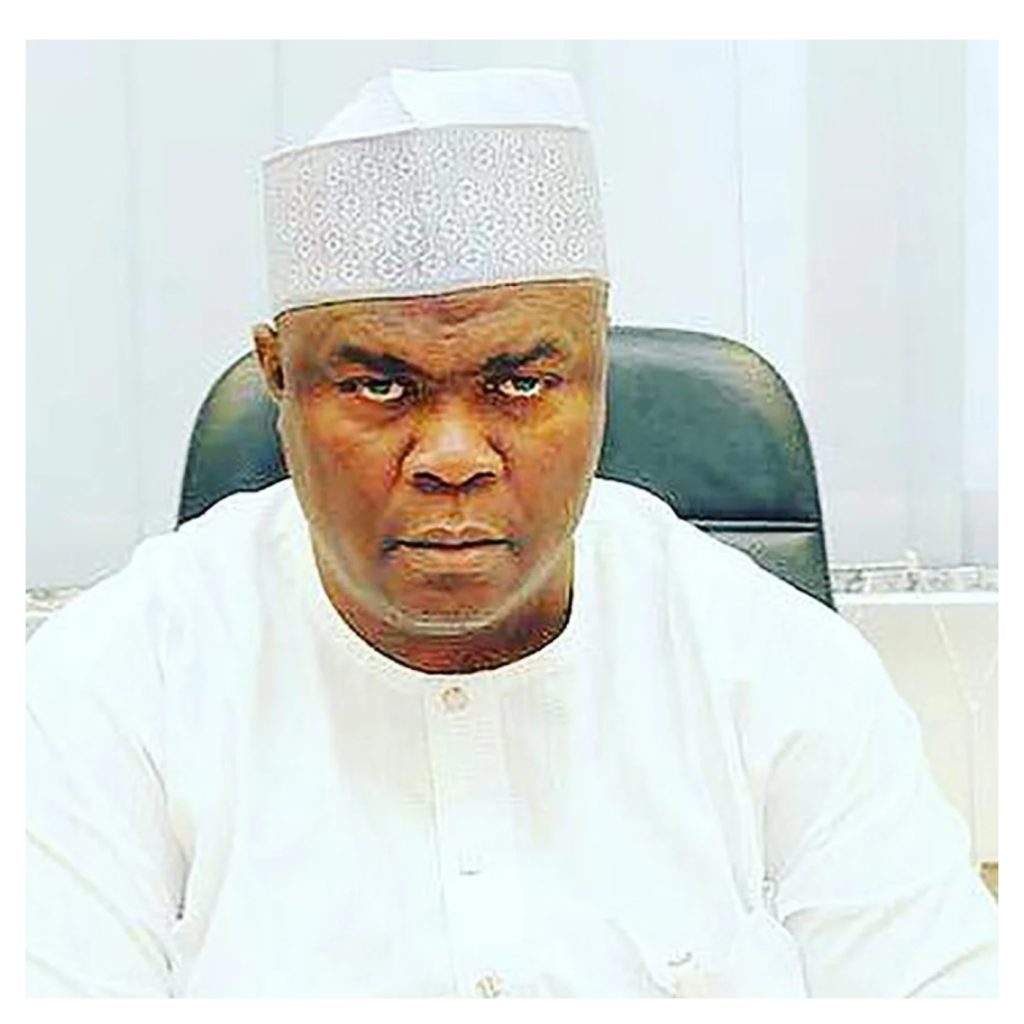South Africa’s government is facing a significant challenge in maintaining its HIV program, the largest in the world, following the US withdrawal of approximately $427 million in support. The country has the highest number of people living with HIV, with over 8 million individuals affected. When the US slashed its foreign aid budget under President Donald Trump, the impact was immediate, with free clinics closing and patients being left without medication.
The funding cuts have resulted in patients being turned away from public hospitals, despite authorities’ claims that this should not be happening. Some individuals have been forced to buy HIV medication on the black market, where prices have nearly doubled. The government has vowed to fill the gap, but experts warn that the next few years could see hundreds of thousands of new infections.
Yvette Raphael, co-founder of the local Advocacy for Prevention of HIV and AIDS group, expressed concerns about the potential consequences of the funding cuts. “We are scared that we are going to see high numbers of people living with HIV rising,” she said. “We are scared that we are going to see people dying again.” Over 63,000 people depended on the 12 clinics that shut down, and up to 220,000 people have faced disruption to their daily HIV medication.
The US aid cuts have had a significant impact across Africa, the continent hardest hit by the reductions. The Trump administration defended the cuts, stating that the spending was not aligned with US interests. Russell Vought, director of the US Office of Management and Budget, noted that the continent of Africa needs to absorb more of the burden of providing healthcare, given the US’s significant debt.
The US has issued a limited waiver allowing some vital HIV services to resume, but the damage has already been done. The funding cuts have created chaos, and many of those affected are still struggling to access the medication they need. The South African government’s ability to fill the gap and maintain its HIV program will be crucial in preventing a significant increase in new infections and ensuring that those living with HIV continue to receive the treatment they require.

![iyabo ojo claims lizzy anjorin has schizophrenia needs help Lizzy Anjorin's husband not interested in getting her help - Iyabo Ojo claims [VIDEO]](https://mediatalkafrica.com/wp-content/uploads/2026/01/xIyabo-Ojo-claims-Lizzy-Anjorin-has-schizophrenia-needs-help-1024x512.jpeg.pagespeed.ic.gy55IZkWZl.jpg)

